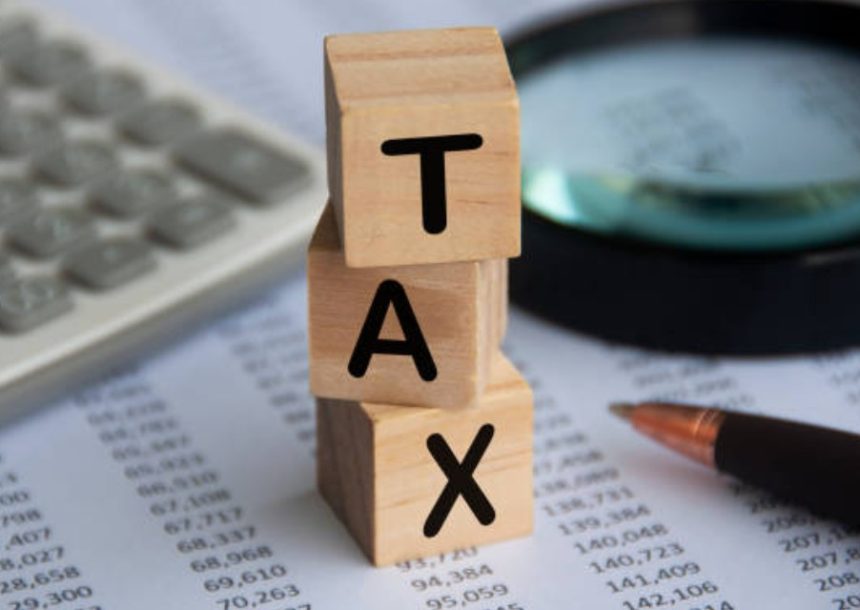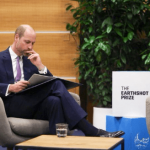Income tax hike seen as ‘least damaging’ route to close £30bn hole, advisers tell Reeves
Chancellor Rachel Reeves has been warned that raising income tax in next month’s Budget could be the “least damaging” way to tackle a £30bn shortfall in public finances.
According to the National Institute of Economic and Social Research (Niesr), adding the introductory and advanced rates of income duty by 3p would be less dangerous than hiking the headline rate, pot duty, or introducing a patchwork of lower impositions.
The debate over income tax has intensified. Last year, it brought in £305bn for the Treasury, making it one of the most significant sources of revenue. Several influential think tanks have weighed in.
The Resolution Foundation proposed adding 2p to income tax while cutting employees’ National Insurance by the same amount, a move expected to raise £6bn annually.
Meanwhile, the Institute for Government argued that “tax increases should fall on those with average incomes.”
Even the Institute of Directors, often cautious about tax hikes, has acknowledged that income tax increases may be unavoidable to stabilise national finances.
Ed Cornforth, an economist at Niesr, commented: “A rise in income tax is the Chancellor’s least damaging, most reliable option for putting the economy on a sustainable, secure footing.”
While economists see sense in targeting income tax, the measure could be politically perilous. Labour’s election manifesto committed to keeping headline rates of income tax, VAT, National Insurance, and corporation tax unchanged.
Reeves has also pledged to shield “working people,” a promise that would be directly challenged by an income tax rise.
Mr Cornforth added: “Although it is politically unsavoury, avoiding raising income tax will force the Chancellor’s hand into worse options, tinkering around the edges simply won’t shift the dial.”
Experts expect the Chancellor to need to raise £30bn in November. VAT hikes could push inflation higher, risking intervention from the Bank of England. Meanwhile, targeting corporation tax could damage jobs and investment, Niesr warned.
Increasing income tax would still affect households. Raising the basic rate to 23% and the higher rate to 43% could cut disposable incomes by over 1.5% in the first year. Yet Niesr estimates this is roughly half the economic impact of an equivalent VAT rise.
Smaller taxes may seem attractive, but Niesr cautioned against them. Wealth taxes, for example, could deter investment and harm growth.
David Aikman, Niesr’s director, said: “The Chancellor’s priority should be to rebuild fiscal resilience by putting the public finances on a stable and sustainable path.
Doing so would also signal to markets that the Government is serious about restoring fiscal discipline, which could, in turn, help reduce borrowing costs. Achieving this will require either cuts to public spending or higher taxes.”
Niesr carries significant influence in economic circles. Britain’s oldest independent forecaster, its models are used by the Treasury and the IMF. Sir Paul Tucker, its president, is the former deputy governor of the Bank of England.
Mel Stride, Conservative shadow chancellor, said recently that he would raise income tax if in Ms Reeves’s shoes.
Other options to raise revenue without touching headline rates include extending freezes on tax thresholds or applying VAT to currently untaxed essentials like certain food items and household energy.
This comes as Ms Reeves also warned over Burnham’s fiscal approach, hinting at potential risks if policy choices mirror previous missteps.
An HM Treasury spokesperson said: “We do not comment on speculation around changes to tax outside of fiscal events.”






